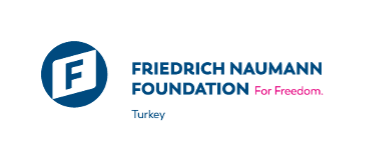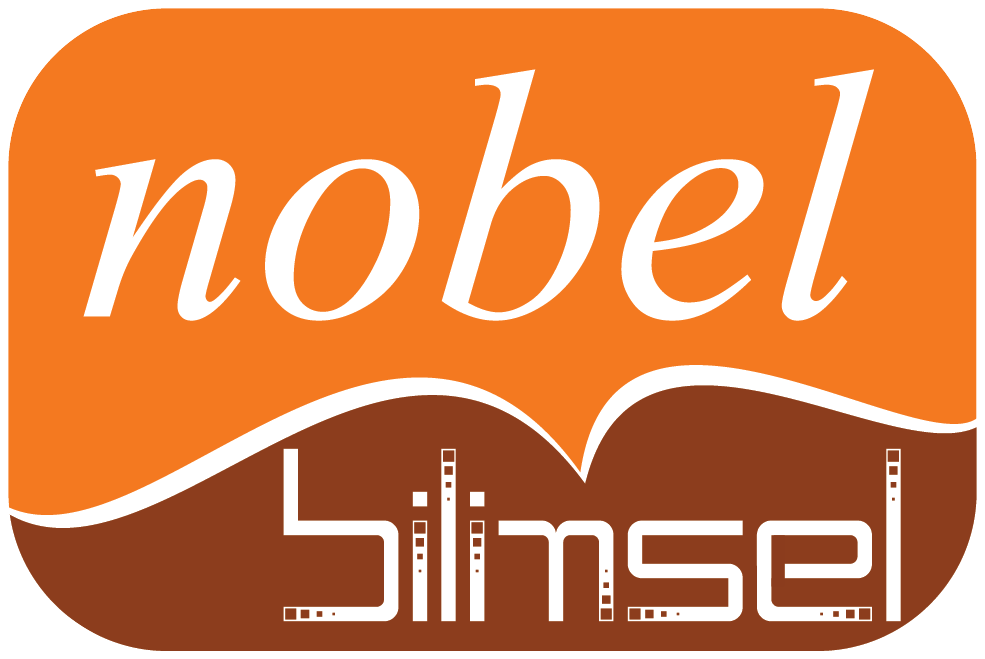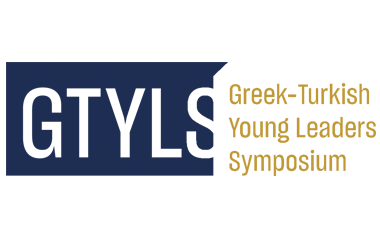Editors: Ronald Meinardus and Dimitrios Triantaphyllou
Nobel Academic Publishing, Istanbul, December 2021, pp.188.



This book is a labor of love inspired by the continuous interaction between young Greek and Turkish participants and the joined forces of the Center for International and European Studies (CIES) at Kadir Has University and the Turkey Office of the Friedrich Naumann Foundation for Freedom (FNF). Over the years, the two partner institutions have provided spaces for participants from both countries to talk and design solutions for a more peaceful future.
In an international order dominated by hostility, distrust and negative stereotypes, dialogues across borders are a positive response. The conflict between Greece and Turkey is considered one of the most complex conflicts in Europe and, for decades, the bilateral strife has repeatedly led insecurity as well as periodic violence and war. Also, in this part of the world, the past weighs heavily on the present and what happened long ago may stand in the way of a peaceful future. As in other cross-border rivalries, we witness dynamic developments as new contentious issues emerge to complicate the agenda – even without concrete solutions for some of the past ones.
With an eye on what the two sides can do together; this book presents original research co-written by at least one Greek and one Turkish scholar with the objective to provide policy recommendations that could help in bridging the gaps to enhance Greek-Turkish dialogue and cooperation.
A quick overview of the ten chapters
1. The chapter by Ronald Meinardus and Dimitrios Triantaphyllou on “Bridging the Gaps and Enhancing Synergies across Borders” introduces the book, its content, and its rationale to the readers. The two authors explain its relevance and the process they conceived and implemented to bring the book to fruition.
2. The chapter by Ioannis Choulis, Selin Siviş, and Marius Mehrl on “Avoiding Disaster in The Aegean: Developing a Latent Tension Index for Greek-Turkish Relations” presents a novel framework or index which is meant to serve as a neutral early-warning system for stakeholders from both Greece and Turkey. The objective is to facilitate trust-building and to enhance cooperation between the two countries.
3. In their chapter on “The New Governance System for Asylum and Migration in the European Union: An Avenue for Cooperation between Turkey and Greece?”, Bezen Balamir Coşkun and Effie Charalampaki stress the need for multidimensional and multilevel governance approaches in the management of the EU’s migration and asylum complex. They present an evolutionary policy framework that allows for a “shared adaptive space” between the two countries to address these issues and minimize tensions.
4. In their contribution on “The Migration Crisis at the Evros/Meriç Border: An Analysis of the Coverage of Greek and Turkish News Portals”, Ioanna M. Kostopoulou and Alaaddin Paksoy analyze how Greek and Turkish media portals reported on the crisis at the Greek-Turkish land border as it evolved in February and March 2020. They created a codebook to assess the media’s response and derived some general conclusions about how the press in each country portrayed the crisis where “political atmosphere and the discourse used by politicians” prevailed.
5. For Yvoni Efstathiou and Polen Türkmen writing “The Missing 50%: Women in Trust-Building, Conflict Prevention, Management and Resolution in Greece-Turkey Relations”, the focus is on imbalance of the of the gender dimension within the bilateral context. They show that the evident absence of women from both countries in official relations does not help enhance trust-building, as opposed to their active involvement in several civil society initiatives. Hence, the authors provide concrete recommendations on how to better include women in aspects of conflict prevention, management, and resolution.
6. In “Claiming the Glory of the Covid-19 Vaccine: Lessons for Better Societies Learnt by a Success Story Nearly Lost in Translation”, Mary Drosopulos and Jegar Telal Tayip explore how the background human story behind the BioNTech-Pfizer anti-Covid-19 vaccine Turkey and Greece worked together to develop and produce the vaccine. While the media in Greece and Turkey have only highlighted the contributions of the individuals involved from their respective countries. The authors focus on the social-cultural level to demonstrate how, under the proper conditions, scientists, and individuals from different ethnic and cultural backgrounds, can thrive together by serving science and humanity.
7. For Nur Sinem Kourou, Müge Dalkıran and Antonios Alexandridis writing in “Breaking Down Barriers: Trust-Building Through the Mobility of Academic Elite between Greece and Turkey”, the issue of academic mobility between Greece and Turkey is explored. The authors interviewed scholars from both countries that have experienced academic mobility in different phases in their careers and derived interesting conclusions. Fundamentally, the article stresses how the mobility of academics between Greece and Turkey “enables trust-building and consolidates the relations between” the two countries, especially during times of tension and mistrust.
8. In their study titled “Audi Alteram Partem: Enhancing Trust-Building in Greek-Turkish Relations through Youth Empowerment”, Abdullah Arsan, Erman Ermihan and Kleopatra Moditsi surveyed the alumni of the Greek-Turkish Young Leaders Symposium (GTYLS) since the project was first launched in 2015. They explored how an event such as the GTYLS could provide the framework for trust, contact intention, and empathy among the Greek and Turkish youth that participated in it, via the use of recognized academic methodologies. They concluded that the focus on youth empowerment “has long-term benefits for interstate cooperation and dialogue” and stated their intention to continue to research this topic by widening their target audiences.
9. Deniz Halman Tomaka and Eirini Barianaki in “Pairs Through Borders: Aegean” investigated the various economic, social, and cultural flows generated by the interface between Turkish Aegean coastal cities and nearby Greek islands. They introduced three “pairs through borders” – Symi-Datça, Rhodes-Marmaris, and Kastellorizo-Kaş – and explored their particular characteristics, connections, and potential. The authors, furthermore, presented an action plan for further cooperation and its extension to other potential “pairs”.
10. Finally, the contribution titled “The Power of our Story is to Create Memories: From Being Roommates in Kabala to Promising Project Partnership” by Chrysanthi Athanasiadou and Hazel Çağan Elbir is a very personal account if how their first encounter in Kavala in December 2019 during a Greek-Turkish youth symposium led them to develop a friendship and the promotion of a language-based cultural approach between the two countries. The authors argue that knowing each other’s language helps trust-building and dialogue-building since someone’s culture can only be understood by learning and speaking the language associated with it.


